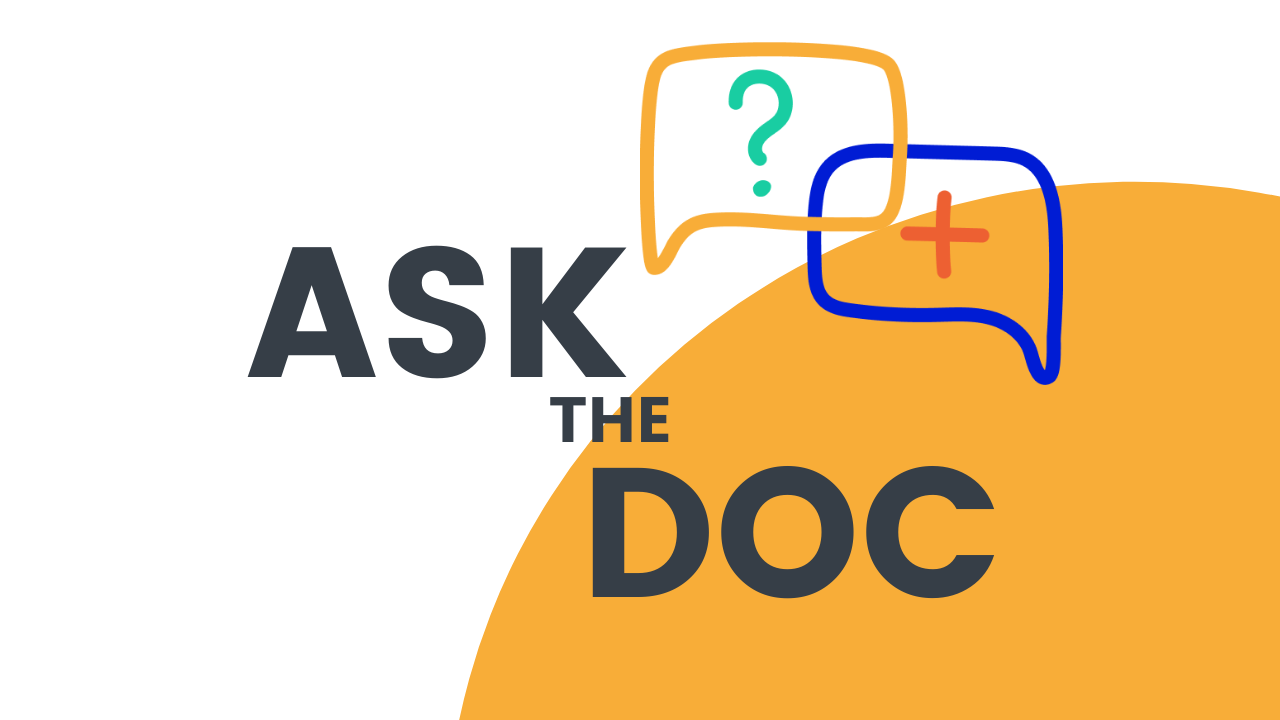High blood pressure (hypertension) is more predominant in aging postmenopausal women than it is in age-matched men. Hypertension in postmenopausal women is caused by many factors including the alteration of oestrogen levels, fat gaining or redistribution, change in renin activity and other proteins. Hypertension is a major risk factor of many series implication including heart diseases, heart attacks, strokes and heart failure. Also, it can affect peripheral arteries and mental abilities. Thus, it is important to have it regularly checked after menopause for its hidden symptoms as it is known as the “silent killer”. But don’t panic! There are some ways to manage blood pressure during this period of women’s life.
Blood pressure is the force that our heart uses to pump blood and oxygen around the body. For more details please check our post about: “What is blood pressure and how does your lifestyle affect it?”.
Hypertension has shown a higher incidence in post menopausal than premenopausal women. Around the world, 41% of women are experiencing hypertension after menopause (ref: National Institute of Health). This fact has shed more light on the potential valuable effect of sexual hormones on the cardiovascular system. Oestrogen is one of the most affected hormone by menopause. However, it has been shown in 2006 that women taking Hormone Replacement Therapy (HRT) have a slightly lower risk of having high blood pressure.
Ageing postmenopausal has shown a role in rising plasma renin activity, which is supposed to be a natural mechanism the body uses to raise the blood pressure when needed. Moreover, chronic secretion of this protein results in enhancing another potent vasoconstriction protein called endothelin. This protein has been detected in postmenopausal women which seems to raise blood pressure too.
Moreover obesity was found to affect 40% of postmenopausal women (ref: National Institute of Health). Obesity is one of cluster features known as “metabolic syndrome” that can affect the blood pressure. It has been proved that even when there is no weight gaining, fat redistribution still occurs in women after menopause, raising the fat mass in the abdominal area rather than the subcutaneous hip region, which has also been associated with higher incidence of heart disease. In addition, the presence of one or more of the metabolic syndromes features with diabetes significantly increases the risk of heart disease.
It is recommended that women after menopause should pay more attention to their blood pressure as it has multiple aetiologies and may lead to multiple complications. Even though women are more likely to be adherent to their medications than men, they seem to be more susceptible to hypertension.Hence, older postmenopausal women need to take even extra care when it comes to their cardiovascular health, keeping their blood pressure in check and adopting a healthy lifestyle that can minimise such risks. Identifying risks early on is one crucial and highly valuable element on the path to ensuring a healthy postmenopausal life. As such, making regular blood pressure checks and identifying your risk factor are highly recommended.





Share:
What Causes Heart Disease?
Genetics and Blood Clots